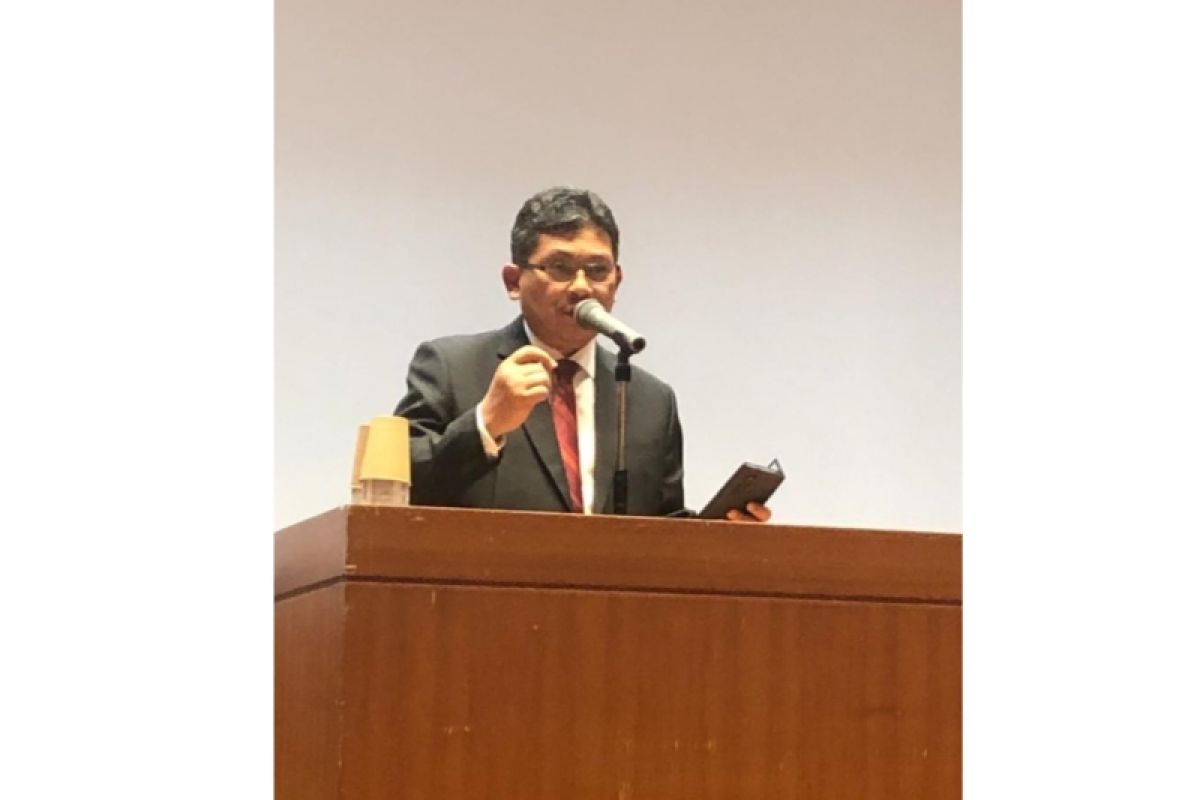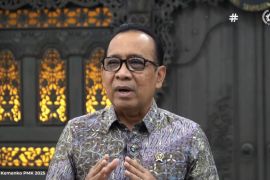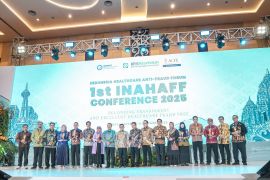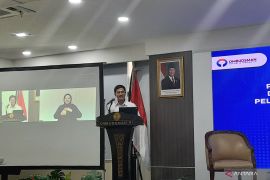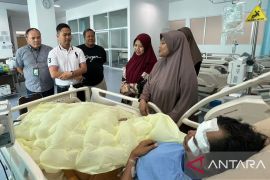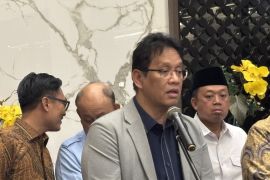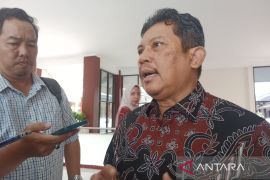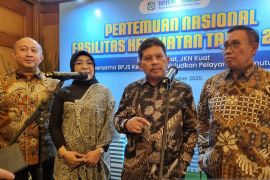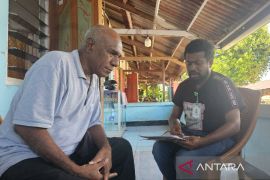The presence of the JKN program has brought extraordinary progress to Indonesia. Through the Universal Health Coverage (UHC) of JKN Program, the state ensures that all levels of society can access equal and quality healthcare. The JKN program has also been proven to reduce the portion of out-of-pocket expenditure (OOP) of the total health spending by half, from 49% to 25% in just eight years, from 2013 to 2021.
"Indonesia has undertaken sweeping reforms that only a few multi-payer countries have been able to achieve. Indonesia has consolidated more than 300 risk pools into one risk pool, thereby enabling subsidies from the healthy to the sick, and from the working population to the unemployment. The state presents BPJS Kesehatan as a single payer for health services to maximize the quality, efficiency, and sustainability of the JKN Program. In the Japanese social security system, each patient must pay 30% of the total cost of the patient visit to the hospital. It can lead to unnecessary over treatment," said Ghufron, in the event organized by the World Bank Group and the Joint Learning Network (JLN).
On this occasion, Ghufron also explained several steps to maintain the sustainability of the JKN program. For example, by intensifying JKN participant contribution collection by providing more than 950,000 payment channels, such as auto-debit, BPJS Kesehatan partner banking network facilities (ATM, mobile banking, internet banking), mini-market outlets, JKN Cadres, etc. BPJS Kesehatan also develops financing innovations through the JKN Donation Program by involving philanthropists/business entities as the donors. In addition, the government has also enacted a regulation which stipulates that 37.5% of tobacco tax payments from regional government tobacco production are allocated to JKN program contributions.
Ghufron also considered that the Covid-19 pandemic had raised the awareness to strengthen the alertness of the country's health system. During 2020 to 2022, Indonesia emerged as the country most severely affected by Covid-19 in the East Asia and Pacific region. However, the country has responded strongly, especially on the vaccination front. This cannot be separated from the role of the system built by BPJS Kesehatan. Through the P-Care Application which is used by BPJS Kesehatan partners' First Level Health Facilities throughout Indonesia, the Covid-19 vaccination process can run more quickly.
"The digital health ecosystem is growing rapidly, including telemedicine. Currently JKN participants no longer need to queue for long at health facilities because they can take the queue numbers online, through Mobile JKN Application. It reduces the waiting time at health facilities from an average of 6 hours in 2020 to 2.5 hours in 2023. We also strengthen the promotion, prevention, screening, and consultation service. Therefore, not only the sick participants who can take advantage of JKN services but also those who are healthy," said Ghufron.
Prof. Kara Hanson represents Nagasaki University and London School of Hygiene and Tropical Medicines Country, as well as other well-known figures who are representatives from several countries across continents also attended the event.
Reporter: PR Wire
Editor: PR Wire
Copyright © ANTARA 2023
